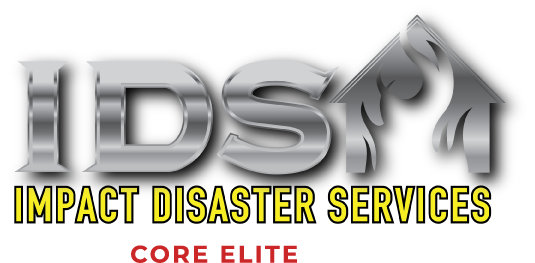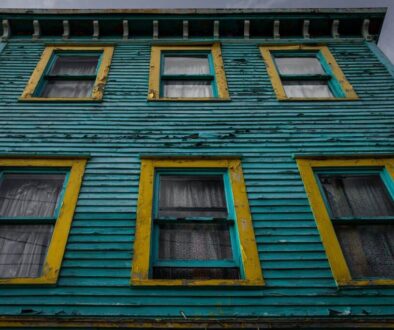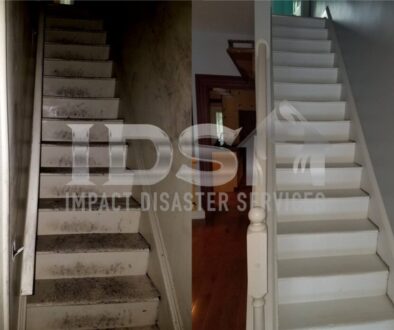Is Black Mold Common in Pennsylvania?
When we hear the words “black mold,” it can make us a bit worried. Black mold in homes is something we all want to avoid. But is it common in Pennsylvania? In this blog, we’ll explore what causes black mold to grow, if it’s a frequent issue in Pennsylvania homes, and what we should know about it.
Conditions that Promote Black Mold Growth
Black mold, known scientifically as Stachybotrys chartarum, loves to grow in damp, dark, and humid places. This type of mold really enjoys environments where there is a lot of moisture for a long time. Here are some conditions that can lead to black mold growth:
- Leaks: If there are water leaks in your home, like from pipes or roofs, they can create wet spots perfect for mold.
- Flooding: Homes that have had flooding can also have problems with black mold, especially if the water isn’t cleaned up quickly.
- High Humidity: In places where the air is often damp, like basements and bathrooms, black mold can find a happy home.
- Poor Ventilation: Rooms that don’t get enough fresh air can have higher humidity levels, making them ideal for mold growth.
Understanding these conditions can help us prevent black mold from becoming a problem in our homes.
Is Black Mold a Common Issue in Pennsylvania Homes?
Pennsylvania, with its varying climate, can be a place where black mold might appear more often than we’d like. The state experiences different weather throughout the year, including rainy springs and humid summers, which can contribute to conditions that mold loves.
In Pennsylvania, older homes might be more at risk. These homes can have old pipes that leak or areas that don’t have good air circulation, creating ideal spots for black mold to grow. Additionally, areas prone to flooding or with high humidity levels can also see more cases of black mold.
While it’s not correct to say every home in Pennsylvania has black mold, it is a concern for many homeowners. Being aware of the conditions that promote mold growth and regularly checking your home, especially basements, bathrooms, and attics, can help catch any mold problems early.
Health Risks of Black Mold Exposure
Black mold is not just a problem because it looks bad or can damage your home; it can also affect your health. When people talk about the dangers of black mold, they’re often thinking about the health risks that come with it. Here are some ways that black mold can impact your health:
- Allergic Reactions: Many people are allergic to black mold. This can mean sneezing, itchy eyes, runny nose, and skin rashes.
- Breathing Problems: For those with asthma or other breathing issues, black mold can make these problems worse. It can cause coughing, wheezing, and trouble breathing.
- Other Health Issues: In some cases, black mold can lead to more serious health problems, especially if someone is exposed to it for a long time.
It’s important to remember that everyone’s body reacts differently to black mold. While some people might have strong reactions, others might not notice anything. However, it’s always better to be safe and take care of black mold issues as soon as possible.
What to Do if You Find Black Mold in Your Home
Finding black mold in your home can be a bit scary, but there are steps you can take to handle it. Here’s what you should do:
- Identify the Mold: Make sure what you’re seeing is actually black mold. Sometimes, other kinds of mold can look similar.
- Find the Source of Moisture: Remember, mold loves moisture. Try to find where the water is coming from and fix that problem. This could mean repairing a leaky pipe or improving ventilation in a damp room.
- Clean Small Areas Yourself: If the moldy area is small and you’re not allergic, you might be able to clean it yourself. Using soap and water or a mold cleaning product from a store can work. Remember to wear gloves and a mask to protect yourself.
- Dry the Area Thoroughly: After cleaning, make sure the area is completely dry. This helps prevent the mold from coming back.
Taking these steps can help you deal with black mold in your home, but sometimes the problem is too big to handle alone.
When to Call a Professional Mold Removal Service
Dealing with black mold in your home can sometimes be a task that’s too challenging to handle on your own. In such instances, it’s prudent to enlist the services of professional mold removal experts. There are several situations where calling in a professional service is the most advisable option.
If the mold in your home covers a large area, more than just a few square feet, it’s a clear sign that professional help is needed. Experts in mold removal come equipped with the right tools and safety equipment to tackle extensive mold issues effectively.
Health concerns are another crucial factor to consider. If you or a family member suffers from conditions like asthma or severe allergies, attempting to clean mold by yourself can pose significant health risks. In such cases, it’s much safer to rely on professionals who know how to handle mold without exacerbating health issues.
Mold can also be tricky and grow in hidden areas of your home, such as inside walls or beneath floors. Professional mold removers have the expertise to detect and address mold in these concealed spaces, ensuring that no area is left untreated.
A recurring mold problem is another indication that it’s time to call in the experts. If you’ve cleaned mold but it keeps coming back, this could be a sign of a more deep-seated issue. Professional mold removers can diagnose the root cause of recurring mold and provide a lasting solution to the problem.
In the case of significant water damage from flooding, it’s advisable to seek a professional mold inspection. Flooding can lead to extensive mold issues that are best managed by those with experience in large-scale mold remediation.
Don’t let mold compromise the comfort and safety of your home. Contact Impact Disaster Services today for expert mold removal services. We are ready to assist you in ensuring your home is mold-free and safe for you and your family.



